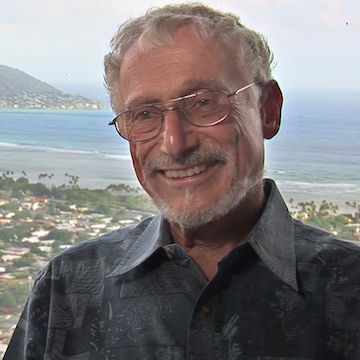 VIMEO, AQUATIC MAMMALSLouis Herman, a biologist who laid the foundation for scientists’ understanding of dolphin communication and intelligence, died this month (August 3) due to bile duct cancer, his daughter, Elia Yvette Kamalei Herman, told the New York Times. He was 86.
VIMEO, AQUATIC MAMMALSLouis Herman, a biologist who laid the foundation for scientists’ understanding of dolphin communication and intelligence, died this month (August 3) due to bile duct cancer, his daughter, Elia Yvette Kamalei Herman, told the New York Times. He was 86.
In 1970, while he was a professor at the University of Hawaii at Manoa, Herman founded the world-renown Kewalo Basin Marine Mammal Laboratory (KBMML), which was located in Honolulu until its closure in 2006. The research Herman led between 1970 and 2004 at KBMML and in conjunction with the Dolphin Institute in Honolulu, which he founded in 1993, helped establish the remarkable mental faculties of bottlenose dolphins. Their interpretation of language and visual cues rivals that of chimpanzees—and can even surpass them, Herman reported. For instance, dolphins seem able to immediately understand human gestures, such as pointing, whereas chimps must learn the meaning of these gestures over time.
Herman and colleagues also demonstrated dolphins’ abilities to learn language. The scientists were able to teach two ...













